For decades, many forms of therapy have approached neurodivergence—like Autism (ASD) or Attention-Deficit/Hyperactivity Disorder (ADHD)—as a “disorder” to be “fixed” or “managed.” The goal was often to help the neurodivergent person adopt neurotypical behaviors in order to fit in.
Neurodivergent-affirming therapy is a radical and necessary shift. It’s an approach to mental health that doesn’t see your neurotype as a problem. Instead, it respects your brain’s unique wiring as a natural variation of the human experience.
At its core, this approach has a simple, powerful message: You are not broken.
How Is Affirming Therapy Different from Traditional Therapy?
Traditional therapy (like some applications of CBT) might focus on “fixing” your executive dysfunction or “correcting” your social communication style. An affirming approach is different. We believe your symptoms are often not a problem of your brain, but a sign of a brain in distress, trying to cope with a world not built for it.
Here’s what we focus on instead:
- Healing the Trauma of “Masking”: Masking is the often-unconscious process of hiding your neurodivergent traits (like stimming, avoiding eye contact, or infodumping) to be accepted by neurotypical peers. It is a survival strategy, but it is also exhausting and can lead to a profound loss of self-identity. We help you heal from the trauma of feeling like you must hide to be safe.
- Understanding and Escaping Burnout: Neurodivergent burnout (especially Autistic or ADHD burnout) is not just “feeling tired.” It’s a debilitating state of exhaustion that can lead to a loss of skills, increased sensory sensitivity, and profound depression. We help you identify its triggers and develop sustainable ways to live in alignment with your needs.
- Processing Rejection Sensitive Dysphoria (RSD): A common experience for many with ADHD, Rejection Sensitive Dysphoria (RSD) is an extreme, painful emotional response to perceived criticism or rejection. It’s not “being too sensitive”; it’s a real, neurological experience. We validate this and use trauma modalities to help lessen its painful sting.
- Building Supports, Not Forcing “Fixes”: We don’t try to force you to use a neurotypical planner. We help you explore what *your* brain needs. Maybe that’s body-doubling, different scheduling, or learning to advocate for your sensory needs. The goal is to build a life that supports you, not a “you” that supports a neurotypical life.
What Does a Neurodivergent-Affirming Session Look Like?
First, you don’t have to “perform” or “mask” in our office. You are welcome to stim, request dimmer lights, or communicate in the way that feels most natural to you.
Our therapists, many of whom are trained in somatic modalities like Brainspotting and EMDR, understand that the trauma and anxiety linked to neurodivergence are held in the body. We work to help your nervous system settle and release the chronic hypervigilance that so often comes with being neurodivergent.
You Might Be a Good Fit for This Approach If You:
- Are a late-diagnosed Autistic or ADHD adult.
- Feel like you’ve been “performing” your whole life.
- Are chronically exhausted and feel “burned out” from life.
- Have tried traditional talk therapy but felt misunderstood.
- Want to explore your identity and learn to unmask safely.
- Are a parent who wants to support your neurodivergent child without trying to “change” them.
You Deserve to Be Understood, Not Just Managed
Healing begins when you feel truly seen. At Taproot Therapy Collective, our goal is to provide a safe space for you to deconstruct the “shoulds” and “musts” that have been placed on you. We are here to help you heal the underlying trauma, discover your strengths, and build a life that honors your authentic self.
If you’re in Alabama and ready to explore a more compassionate, affirming path to mental health, we invite you to connect with us. Reach out today for a free consultation.
About the Author: This article was written by combined insights of the clinical team at Taproot Therapy Collective in Birmingham, AL. We are committed to providing anti-oppressive and affirming care for clients of all neurotypes, identities, and backgrounds

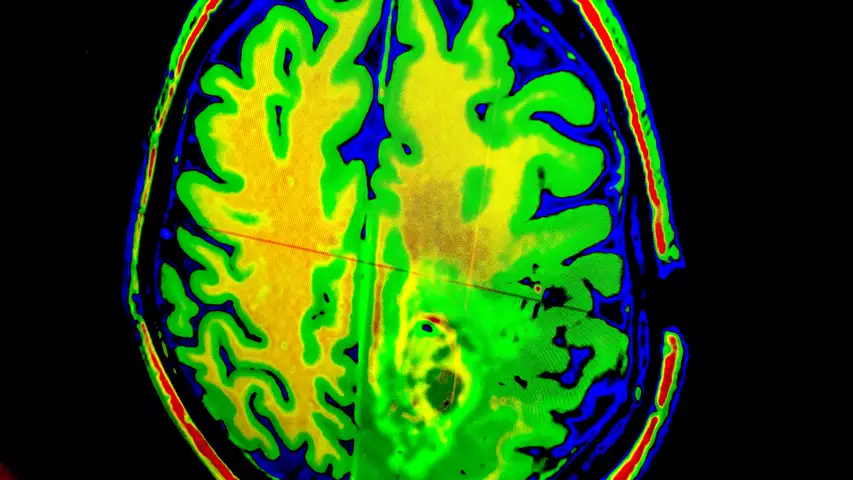
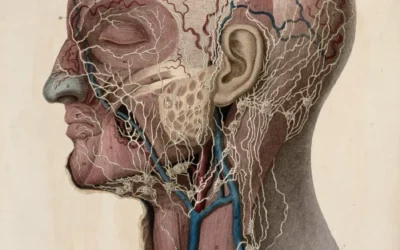

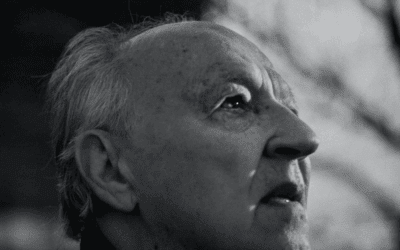











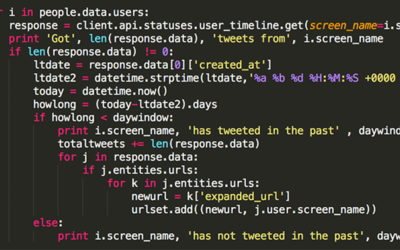


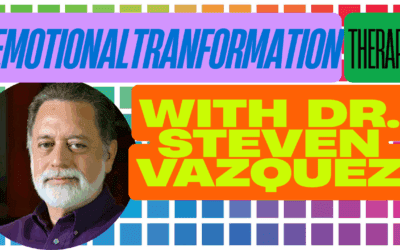

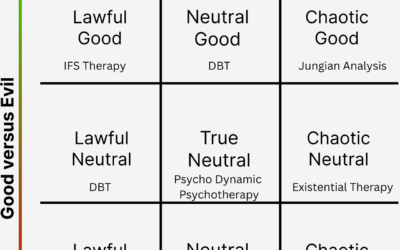





0 Comments